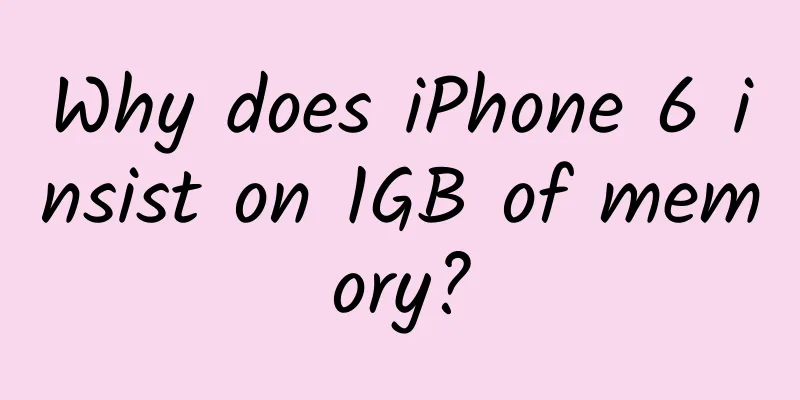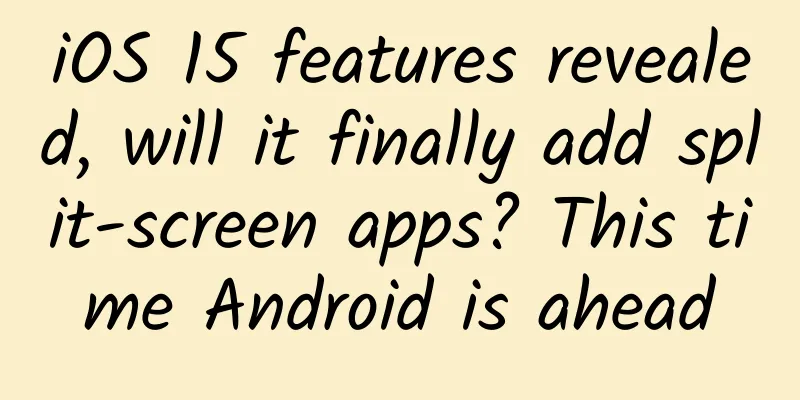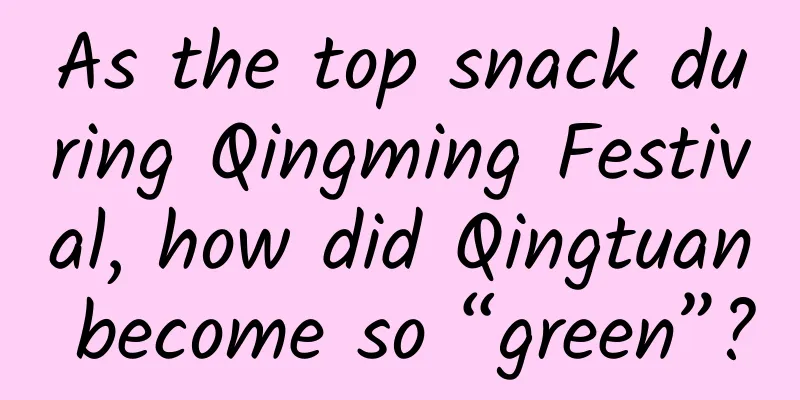Why does iPhone 6 insist on 1GB of memory?

|
This question is both simple and complex. Someone should answer: "Apple's optimization is good!" Saying that Apple is good has a bit of "Android haha" in it. But the fact seems to be otherwise. iOS devices use a different memory garbage collection mechanism than Android, so the two have very different requirements for running memory capacity. How does Apple collect garbage? Regardless of whether it is iOS or Android, the device's running memory is limited. When you open a lot of applications and the memory is about to be full, in order to maintain normal operation, iOS and Android will kill some background processes. This behavior is also called "garbage collection mechanism." But it should be noted that iOS and Android have different ways of “garbage collection”. iOS will directly close the oldest apps one by one, so many friends will find that when switching to very old background apps, they will restart from the title interface. In contrast, Android is much more timid. It will not close the App directly, but will select some useless objects and kill them first, thus freeing up some memory. But as long as you do not close them manually, these background programs will not disappear automatically. So even if you only chatted with your gay friend this morning, and then opened WeChat from the background in the evening, the screen will definitely still stay on the gay dialogue with him. Therefore, even if the Apple device has only 1GB of running memory, the app you are using will never lag, and Android background programs will not be closed automatically. More memory (2GB, 3GB or even more) is required to ensure smooth operation of the system. Small memory requirements are not what makes Apple great Although 1GB is comfortable to use, it seems inaccurate to say that "Apple is well optimized" because the garbage disposal methods of iOS and Android are not one high-end and the other rustic, but each has its own advantages and disadvantages. iOS will indiscriminately shut down old apps, which means if you are playing a large game, then WeChat, Weibo, QQ and other apps may all be shut down. If you want to switch back to these apps, you have to go through a rather annoying startup process. You have finished posting to Moments and playing Weibo, and now the world should be peaceful, right? Wait, I hope your game can return to the point where it was just paused... Another annoying scenario is that you have opened N tabs in Safari, and 1GB of RAM can't handle so much content, so you consciously hang up the oldest web pages. If those pages happen to be the half-filled payment interface or the half-written article, then... So how is Android so bad? I don't need to explain this in detail. I'm sure users have experienced it: switching interfaces is slow, answering calls is slow, unlocking is slow, and even looking at photos takes a long time. However, Android's large memory also has its own unique advantages, that is, no matter what background applications you want to open, they will bring your half-finished work to the foreground completely, and will not close them without even saying hello. Especially for Android phones with 3GB of RAM on the market, they can ensure that a large number of applications can run at the same time, and can also keep the entire system in a relatively smooth state, and the overall experience is still good (except for opening dozens of applications without closing them). Therefore, iOS's "domineering small memory" and Android's "humanistic large memory" actually have their own advantages and disadvantages, and it is not a simple relationship that one is better than the other. With such a small RAM, do you think Apple is really satisfied? Apple keeps 1GB of RAM on the iPhone 6 and 6 Plus, not only because it does not lag, but also because of the following considerations: Memory power consumption: More memory consumes more power. The iPhone 6 has only 1GB of memory and uses the LPDDR3 low-voltage module, which has a considerable energy-saving effect. Cost issue: Upgrading to 2GB or higher will not increase the manufacturing cost of a single mobile phone by much, but for a product with a shipment volume of tens of millions, it will cost a lot of money! User demand issues: Although there are some slightly annoying background shutdown issues, Apple fans have long been accustomed to them. Even if the memory capacity is increased, the overall experience is not necessarily improved significantly. For Apple, which pursues balanced performance in all aspects, a single indicator is not outstanding. In fact, in an ideal situation, Apple would also like to have more memory, after all, when users are multitasking, everyone wants to open more apps. Apple also realizes that as user demand increases, the memory problem is bound to become more acute, and they have already taken action: iPad Air 2 has been upgraded to 2GB of memory. In this way, I believe that the next generation of iPhone will not be far away from large memory. PS: iOS devices are already 2GB, I guess Android phones should be heading towards 4GB... As a winner of Toutiao's Qingyun Plan and Baijiahao's Bai+ Plan, the 2019 Baidu Digital Author of the Year, the Baijiahao's Most Popular Author in the Technology Field, the 2019 Sogou Technology and Culture Author, and the 2021 Baijiahao Quarterly Influential Creator, he has won many awards, including the 2013 Sohu Best Industry Media Person, the 2015 China New Media Entrepreneurship Competition Beijing Third Place, the 2015 Guangmang Experience Award, the 2015 China New Media Entrepreneurship Competition Finals Third Place, and the 2018 Baidu Dynamic Annual Powerful Celebrity. |
<<: Driver killed elderly cyclist after looking down at phone 39 times in 7 minutes
>>: Apple internal document introduces Apple SIM card: one card with multiple numbers
Recommend
Tips for selecting topics for new media operations in 2020!
When operating new media , there are two major pr...
Five scholars discuss: Does the universe have an end?
"Does the universe have an end? Does time ha...
Samsung is at most "stepping down" from the altar, not falling into the abyss
Recently, many people have been pessimistic about...
Operational skills and ideas for playing short videos
In recent years, short videos have occupied the l...
After Douyin defeats Kuaishou, how long will it remain popular among users?
Some time ago, a strange wind suddenly blew up in...
What are the functions of Foshan’s attendance clock-in mini program? How to create a WeChat check-in app?
Not long ago, a customer consulted the editor. Si...
Foxconn begins to come to the fore. What kind of game is Terry Gou playing?
Since Foxconn acquired Sharp, every decision made...
In Poyang Lake, rotifers create 133 trillion plastic particles every day
The total number of nanoplastic particles produce...
There is no such thing as "false hip width"! The widest part of a woman's hips is the thigh root.
Audit expert: Peng Guoqiu Deputy Chief Physician,...
Analysis of competitive products of short video products
With the development of the Internet, the short v...
Nezha Conquers the Dragon King teaches you how to prevent cancer: fighting the cancer demon with three heads and six arms, you must prepare these "magic weapons"!
When the Dragon King stirred up the storm, Nezha ...
Is it expensive to customize the Suihua beauty mini program? Suihua Beauty Mini Program Customization Cost and Process
WeChat Mini Program is an application that users ...
Front end, why don't I want you
I joined my current company as a front-end superv...
How to use new media to promote products
Before explaining new media operations, let’s fir...
The most comprehensive mind map: How to trigger user growth?
In fact, user growth systems are very common in o...









